Scottish castles: Kellie Castle
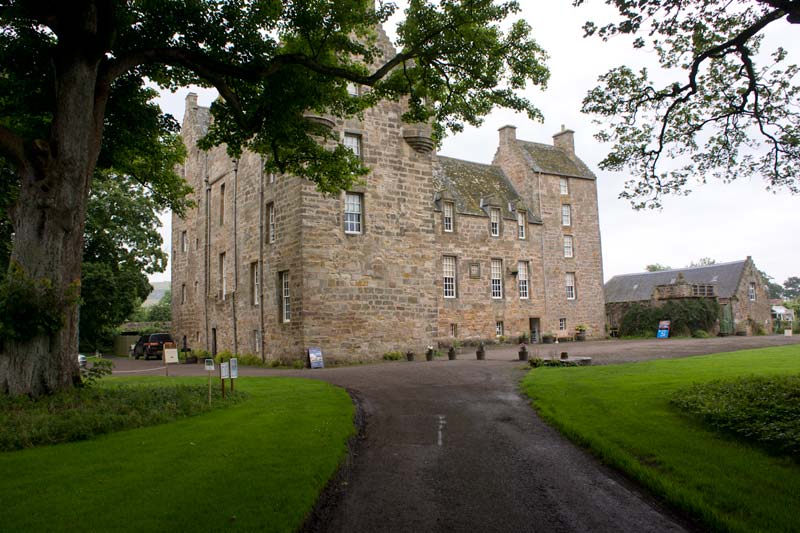
Kellie Castle
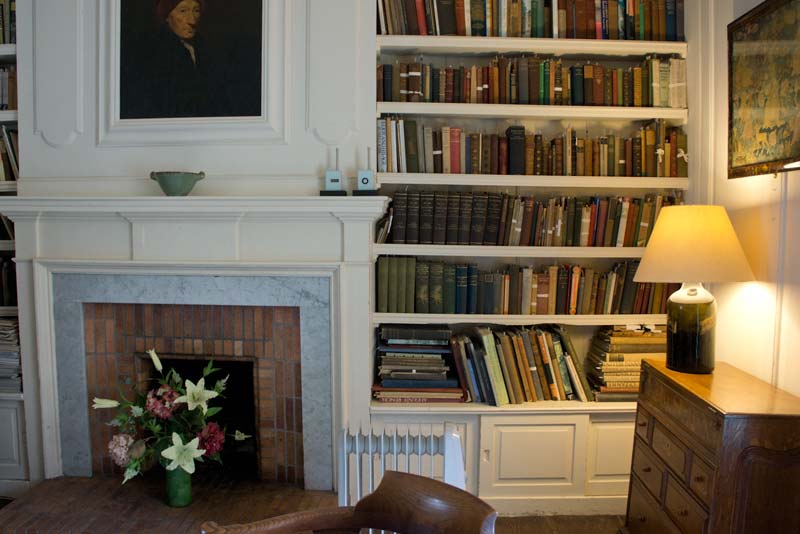
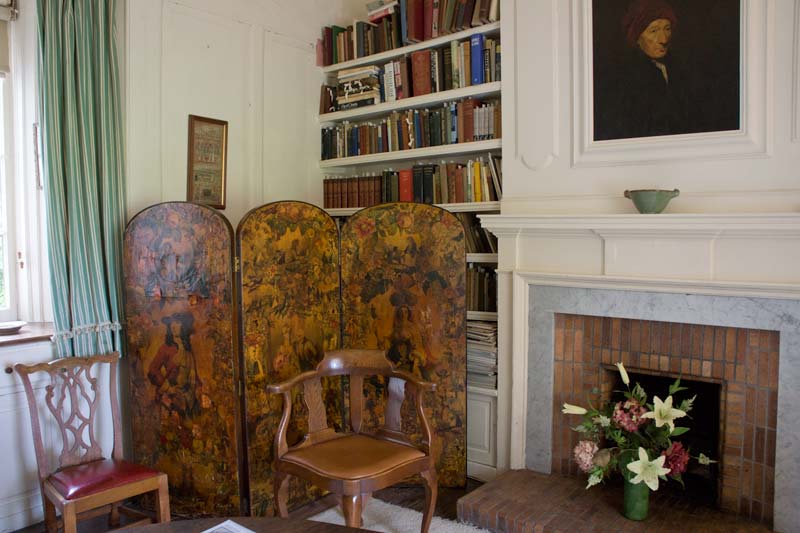
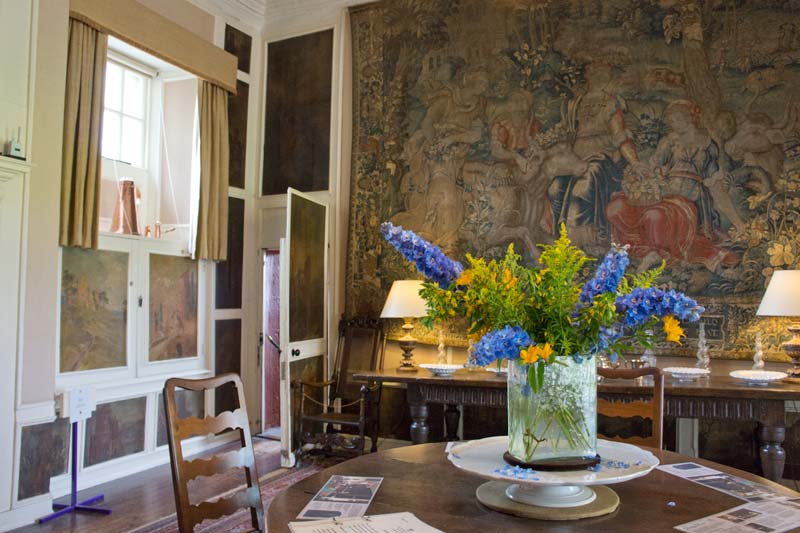
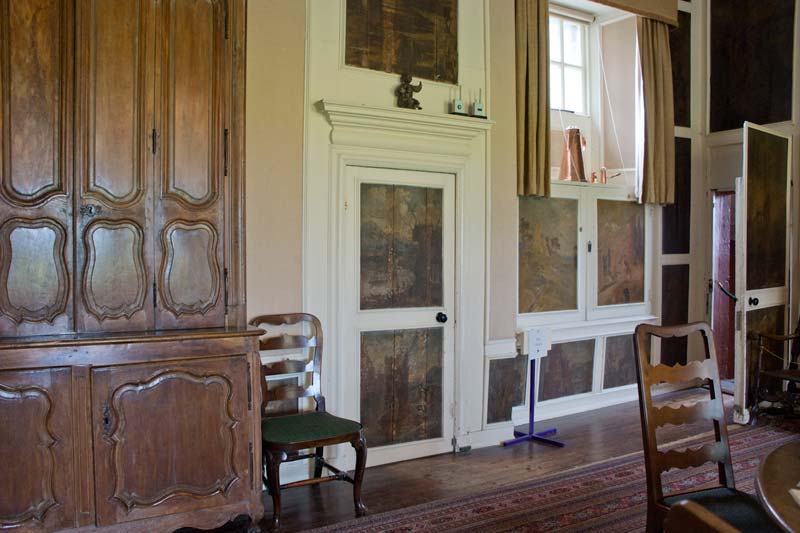
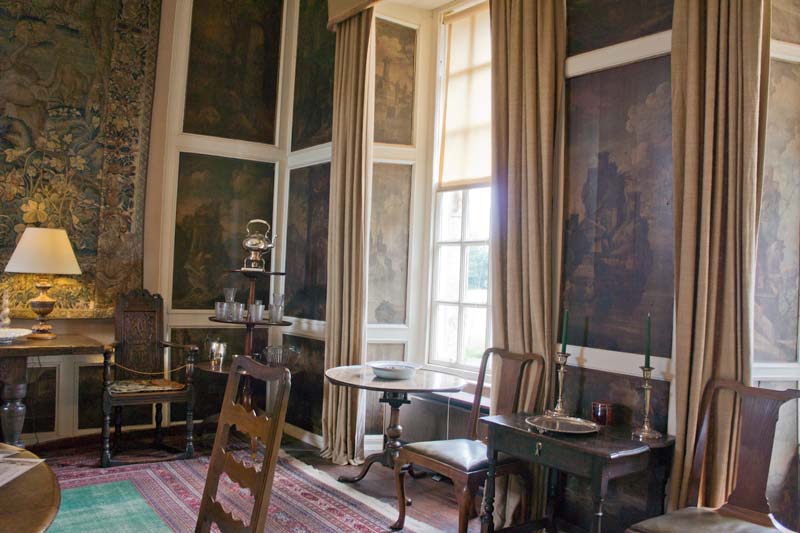
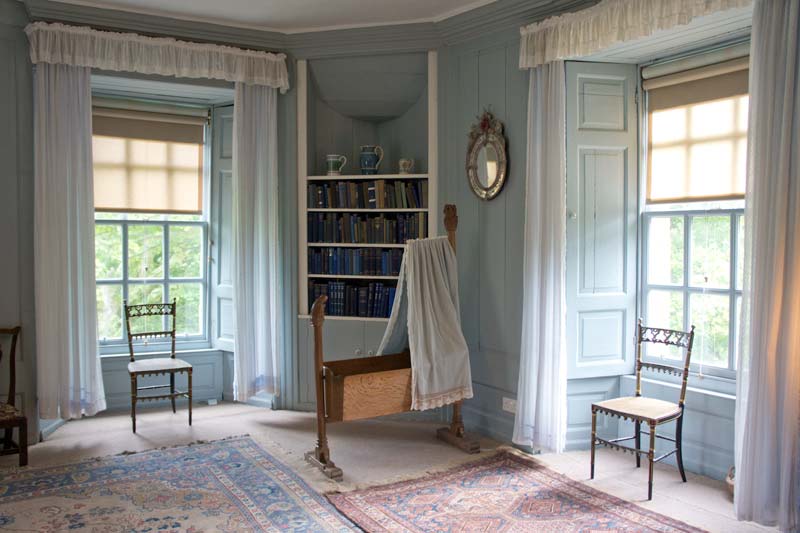
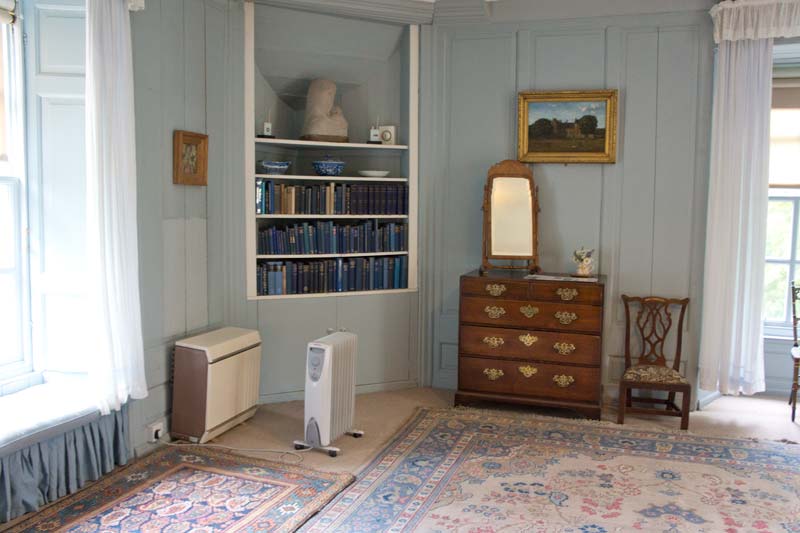
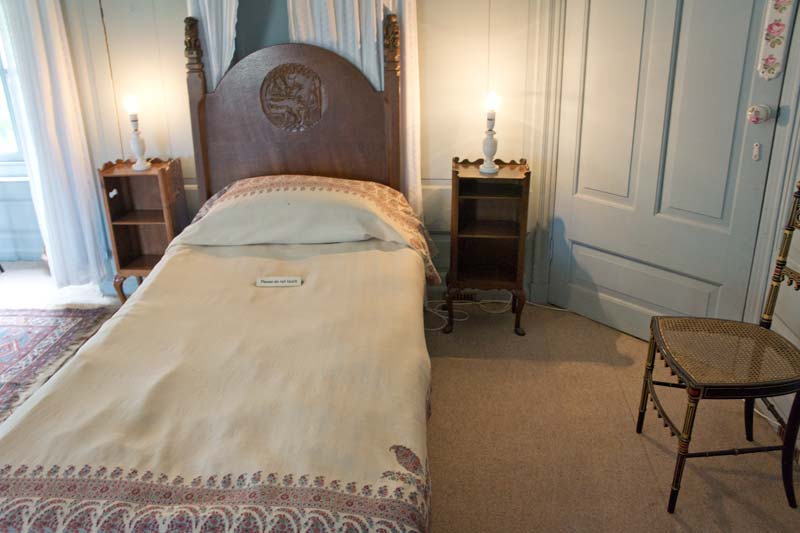
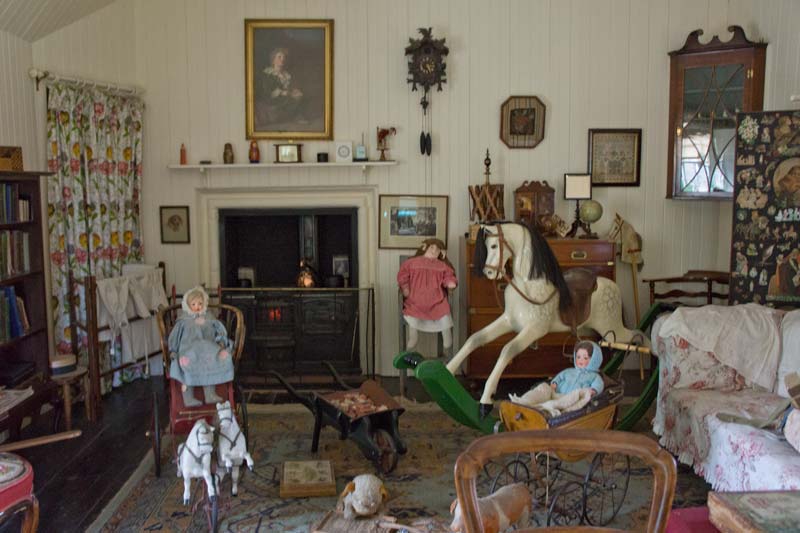
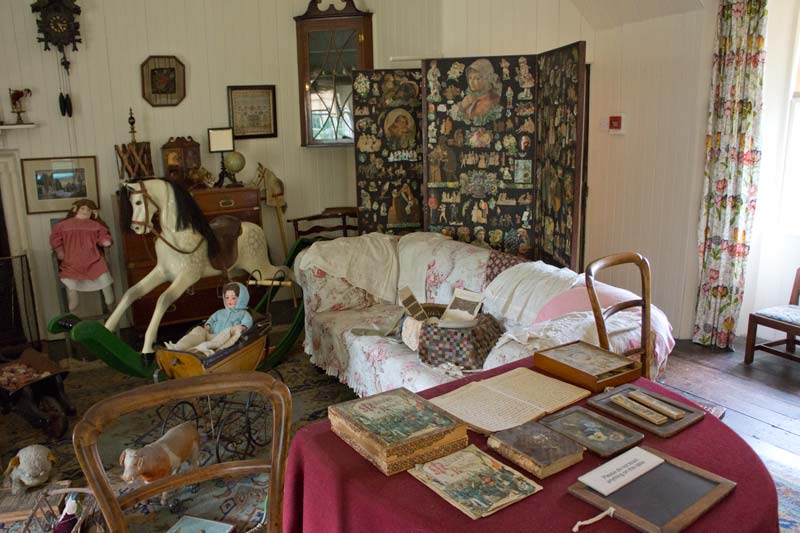
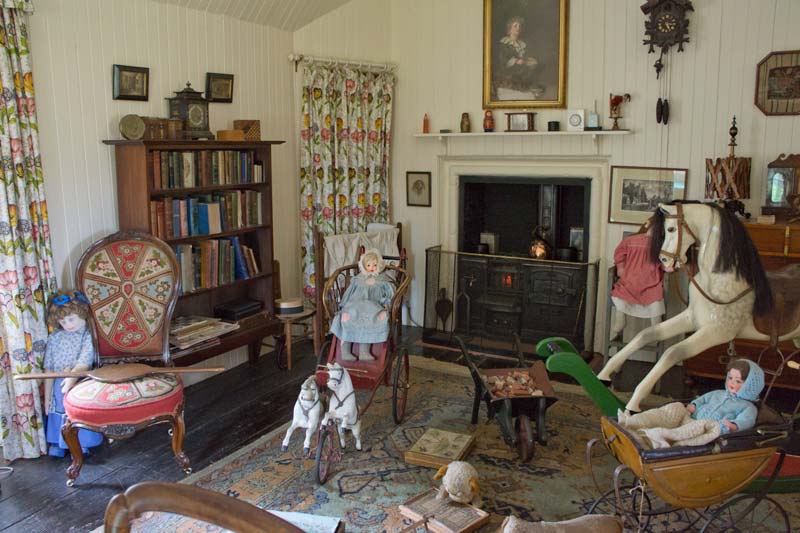
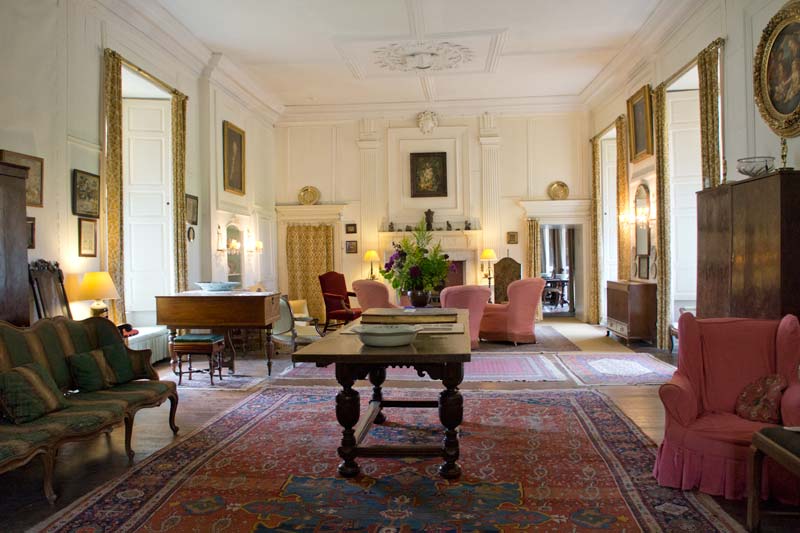
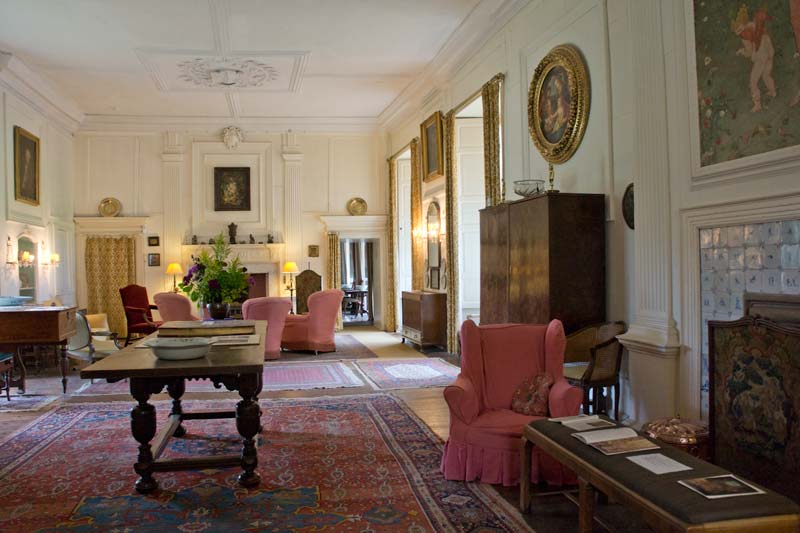
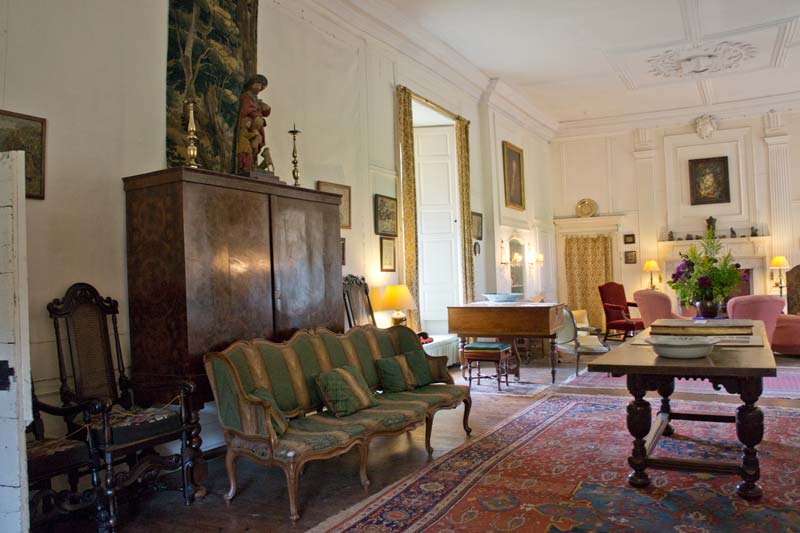
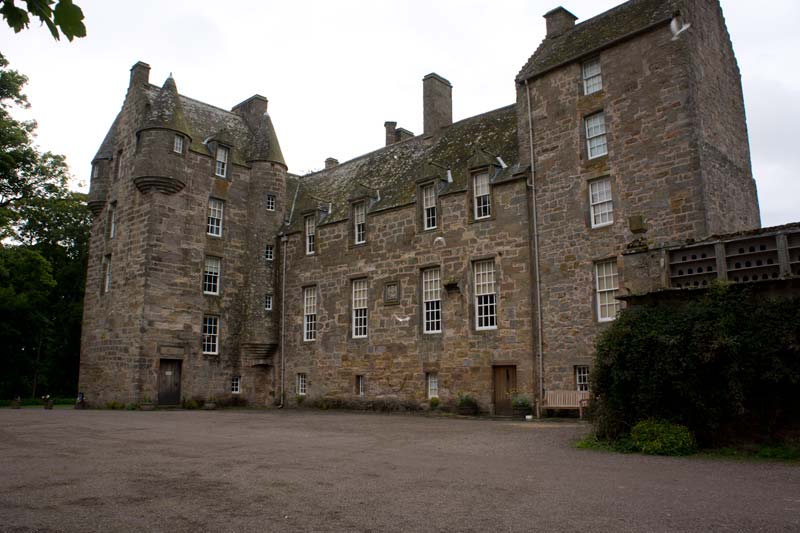
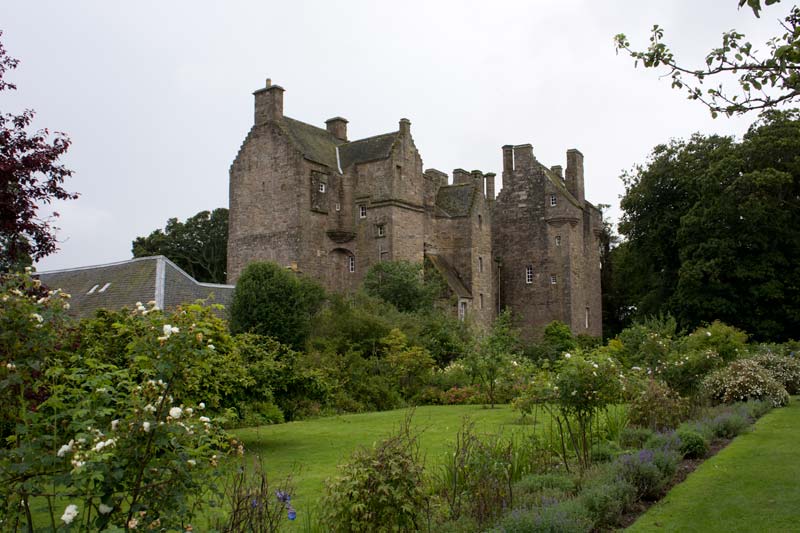
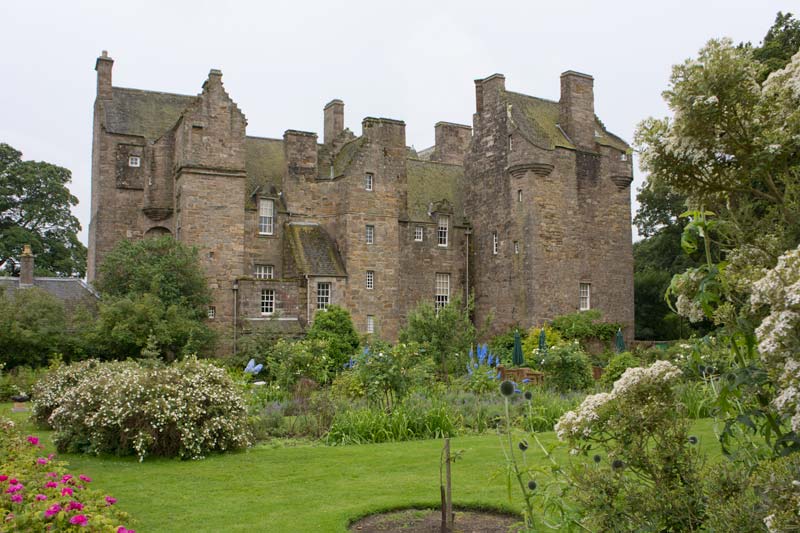
Kellie Castle is a castle just outside Arncroach, about 5 kilometres north of Pittenweem in the East Neuk of Fife, Scotland.
Early history
The earliest records of Kellie go back to 1150 where it is mentioned in a charter issued by King David I. The first known owner was Robert of London, the illegitimate son of King William the Lion. By 1266 Kellie had passed to the Siward family, who had hailed from Northumbria and had assisted King Malcolm Canmore to overthrow Macbeth. The estate was signed over to a Siward relative, Walter Oliphant, in 1360 and the castle remained in the ownership of the Oliphant family until 1613. It was purchased by Sir Thomas Erskine, who had saved the life of King James VI during the Gowrie Conspiracy by killing Sir Alexander Ruthven. The King stayed at Kellie in 1617 during his only visit to Scotland after the Union of the Crowns, and he appointed Erskine as Earl of Kellie in 1619.
Originally a simple tower house, the lower section of what now constitutes the northwest tower is the oldest part of the castle, dating from around 1360, and is said to be haunted. In 1573 a new tower was built by the 4th Lord Oliphant to the east of the original tower. Between 1573 and 1606 the two towers were linked by a new range, terminated by another tower in the south-west, creating the T-plan layout that remains today. The castle is a fine example of Scots Baronial domestic architecture, with an imposing mix of gables, corbelled towers, and chimneys.
Recent history
The lineage of the Earls of Kellie ceased in 1829, and the castle lay abandoned for many years. In 1878 it was rented from the Earl of Mar and Kellie by James Lorimer, Regius Professor of Public Law at Edinburgh University, and father to Sir Robert Lorimer, the renowned Scottish architect. The Lorimer family set about restoring the castle for use as a holiday retreat, but it soon became the family home. Robert Lorimer was instrumental in much of the restoration work, restoring magnificent plaster ceilings, painted panelling and furniture. Sir Robert's son, the sculptor Hew Lorimer, purchased the castle in 1948 and it remained in his ownership until 1970.
The Castle today
Hew Lorimer sold the castle, together with 6.5 hectares of gardens and an organic walled garden to the National Trust for Scotland in 1970. The walled garden is 17th century, with late Victorian additions, and contains a fine collection of old-fashioned roses, fruit trees and herbaceous plants.
The main castle contents were given into the care of the Trust by the Secretary of State for Scotland and, in 1998 the Trust purchased the Lorimer family artifacts. The castle and gardens are open to the public, and there is a permanent exhibition of Hew Lorimer's work and studio in the old stables. (wikipedia)